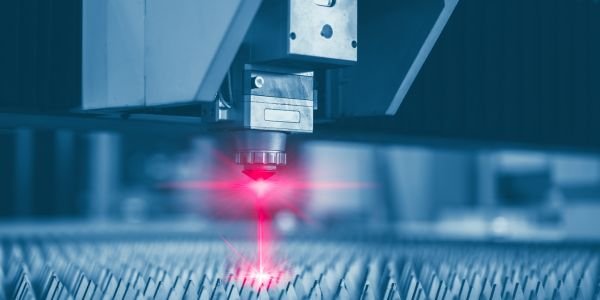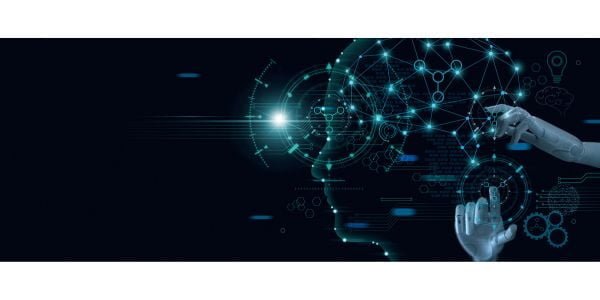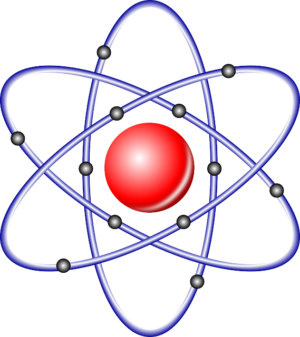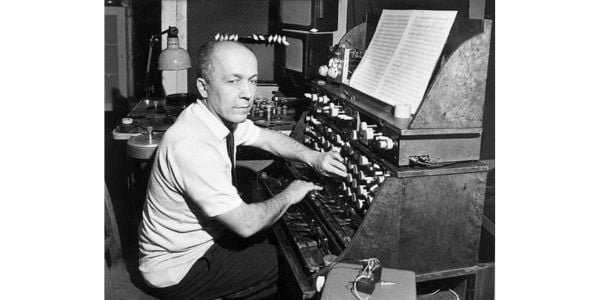Table of Contents
In various fields, such as science, engineering, and statistics, accuracy and precision are two fundamental concepts that play a crucial role in measuring and describing the quality of data, measurements, and experimental results. While accuracy and precision are related, they have distinct meanings and implications.
Accuracy Defined
Accuracy refers to how close a measurement or value is to the true or accepted value. It measures the degree of correctness in relation to a known or expected value. When a measurement is accurate, it indicates that the measurement is free from errors or biases and provides results that are reliable and dependable. Accuracy is often expressed as a percentage or a decimal value, representing the deviation of the measured value from the true value.
Precision Defined
Precision, on the other hand, is the measure of consistency and reproducibility of a set of measurements or values. It focuses on the level of agreement between multiple measurements of the same quantity. A precise measurement yields consistent results with minimal variability. In other words, precision indicates the degree of refinement and exactness in repeated measurements, regardless of their proximity to the true value.
Distinguishing Accuracy and Precision
1. Conceptual Difference:
Accuracy primarily deals with correctness and proximity to the true value, while precision focuses on consistency and repeatability.
2. Visualization:
Accuracy can be visualized as the closeness of a set of measurements or values to the bullseye of a target. Precision, on the other hand, is represented by the tightness of a cluster of measurements, irrespective of their proximity to the bullseye.
3. Error Analysis:
Accuracy is assessed by comparing measurements to an accepted standard, while precision is evaluated by analyzing the dispersion or scatter of measurements within a dataset.
4. Impact of Errors:
Inaccurate measurements are typically influenced by systematic errors, which consistently lead to measurements deviating from the true value. In contrast, imprecise measurements are prone to random errors that cause variations in results without necessarily being biased.
5. Examples:
Consider a target with multiple shots fired at it. If the shots are closely grouped around the bullseye, it demonstrates high precision. If the average position of the shots is near the bullseye, it exhibits accuracy. A target with shots dispersed away from the bullseye signifies low precision and accuracy.

The Difference Between Accuracy and Precision
| Criteria | Accuracy | Precision |
| Definition | Closeness to the true value or target | Consistency and reproducibility |
| Error Type | Systematic errors or bias | Random errors or variations |
| Importance | Essential for validity and reliability | Important for repeatability |
| Focus | Correctness of measurements | Consistency of measurements |
| Measurement Aim | Determine how close the measurement is to the true value | Determine the spread or variation in measurements. |
| Influence on Results | Affects overall correctness | Affects reliability and consistency |
| Represented by | Error term, bias | Standard deviation, variance |
| Examples | Hitting the bullseye on a target | Shooting a group of arrows closely together |
| Trade-offs | Can sacrifice precision | Can sacrifice accuracy |
Significance in Different Fields:
1. Scientific Research:
In scientific research, accuracy is crucial to ensure reliable and valid results. It helps scientists draw accurate conclusions and make sound decisions based on the obtained data. Precision, on the other hand, aids in assessing the consistency and reproducibility of experimental measurements.
2. Engineering and Manufacturing:
Accuracy plays a pivotal role in engineering and manufacturing processes, where adherence to precise specifications and tolerances is essential. Precision is crucial in ensuring consistent product quality and meeting tight manufacturing tolerances.
3. Data Analysis and Statistics:
In data analysis and statistics, accuracy refers to the absence of bias or systematic errors in measurements or predictions. Precision is important when analyzing data sets with low variability, where even small changes can have significant implications.
Also, read who invented electricity
































Comments on “Difference between Accuracy vs Precision”
Comments are closed.